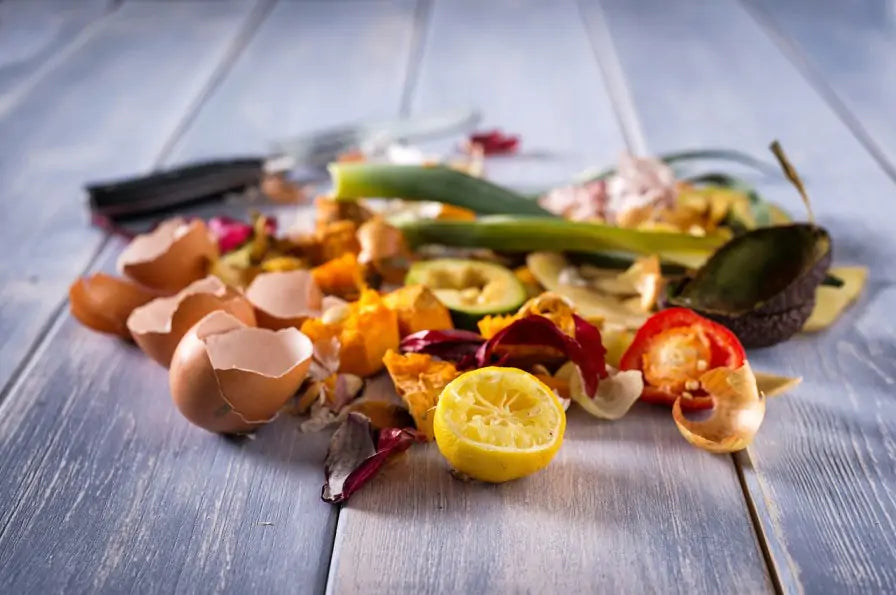Your basket is currently empty.
Shop NowIsle of Wight Council Urge Residents to Recycle their Food Waste

Isle of Wight Council Urge Residents to Recycle their Food Waste
The Isle of Wight Council has joined forces with waste management firm Amey, to encourage residents to make good use of their food recycling service.
Figures from Recycle Now found that UK householders throw away 7.3million tonnes of food every year.
Why recycle food waste?
If food is not recycled, it’s send to landfill where it rots and gives off methane into the atmosphere. Some food waste is inevitable, but you don’t have to throw away as much as you think.
Cutting costs and saving energy
The council said that they believe that residents don’t realise how much of a difference they can make by recycling their food waste.
Recycling food waste rather than sending it to landfill could save the council £840,000 per year, and it could generate enough electricity to power a school for a year.
The benefits of reducing food waste
- You’ll save money because you’ll have to buy less food.
- Less food in landfill means that less methane will be released into the atmosphere.
- Reducing food waste will save energy and resources needed to produce new food products.
- You can donate your food to people who don’t have enough to eat

Ways to reduce food waste
Plan properly
- Make a weekly shopping list with your meals in mind. This will save you time and money as you’re less likely to buy more food than you need.
- Check your fridge and cupboard before you shop to make sure you aren’t buying what you already have.
- Only buy food you will use. If you buy food in bulk, make sure it won’t go out of date before you have a chance to use it.
Store food correctly
- Follow instructions on how to store fruits and vegetables so they last for as long as possible.
- Some fruits give off gases as they ripen, which can make other produce go off, so store bananas, apples, and tomatoes on their own.
- Wash berries immediately before you eat them, to avoid mold growing on them.
Be prepared
- Freeze any foods that you know you won’t be able to eat before the use by date, such as bread.
- Prepare and cook extra when you make meals, then put them in the freezers for easy, healthy lunches whenever you need them.
Save money
Be creative and find ways to incorporate leftovers into your meals. You will waste less food and you might even create something you love.
- Stale bread can be used to make croutons
- Vegetable scraps can be used to make a stock
- Casseroles, stir-fries, soups, and smoothies are excellent ways to use leftovers.
- If you eat out and you’re served too much, ask for the leftovers to be bagged up so you can take them home.






